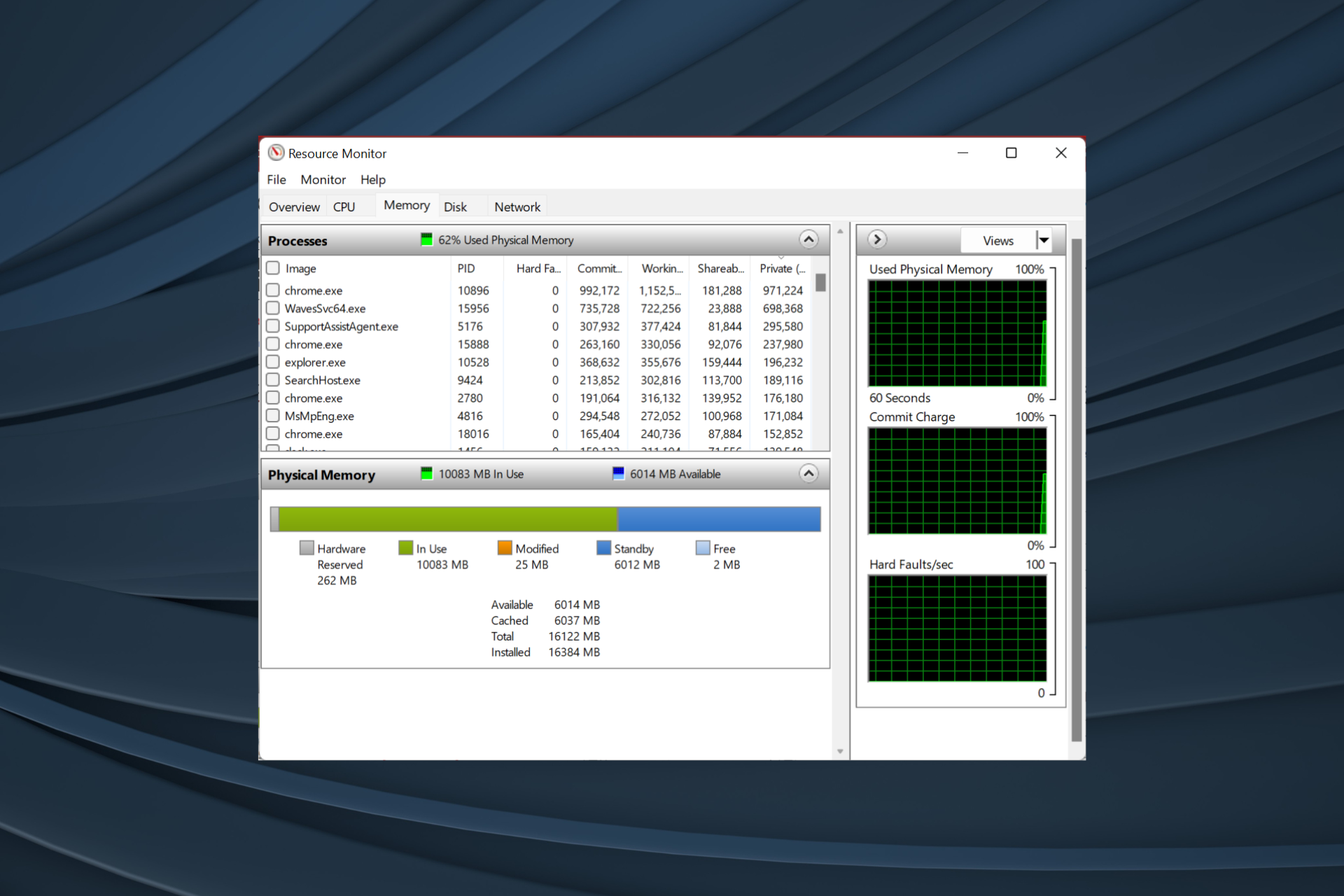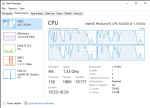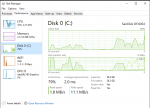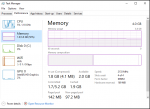SpyderTracks
We love you Ukraine
This is mine with the same
Windows will dynamically adjust what it provides depending on how much it has available.
You're system is very short on RAM and performance will be throttled because of it.
You need a minimum of 8Gb RAM for any modern windows PC running win 10.





